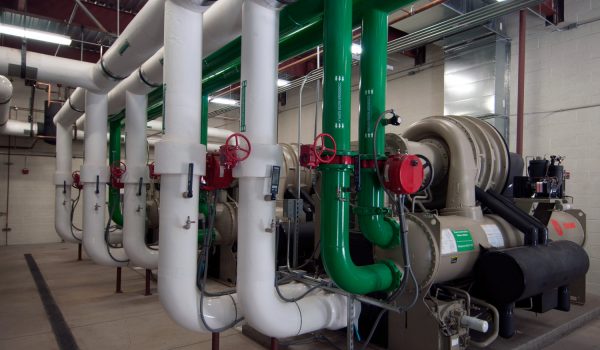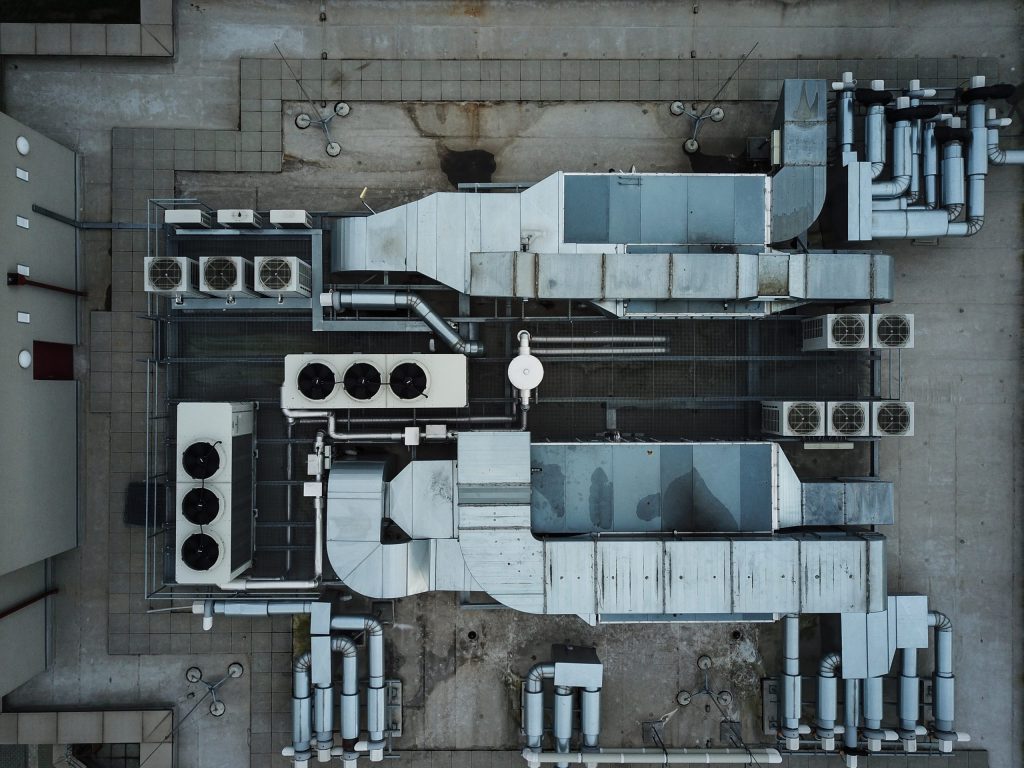Most products processed and manufactured in clean room system design environments such as electrical components and pharmaceutical products tend to

There are various techniques of heating your home to keep your family comfortable in cool or severe weather conditions. However, furnaces are still some of the most popular heating & cooling systems among California homeowners, thanks to their compatibility with most HVAC ductwork. Besides, adding a furnace to your HVAC design provides comprehensive heat to any type of home.
While furnaces are generally energy-efficient, they have different levels of efficiency depending on whether they are gas- or electric-powered. Therefore, it’s important to consider various factors when choosing between gas Vs electric furnaces to help you determine which option is more efficient. Luckily, that’s exactly what we’ll be discussing in this post.
First, let’s check out how both types of furnaces work!
How does a Gas or Electric Furnace work?
Both electric and gas furnaces are part of a central HVAC system, so they work using a forced air system. More importantly, both furnace types include a thermostat that sends a signal to the furnace when the room temperature drops below the set heat point. In addition, both types of furnaces use a blower fan to force heated air into various parts of the house through the ductwork. At the same time, the intake vent draws cooler air and returns it to the furnace. Once the thermostat detects that the desired temperature has been reached, it sends a signal to the furnace to shut off its heating element. The blower fan disperses the remaining heated air and shuts off as well.
As the name suggests, a gas furnace runs on propane or natural gas and comprises a fan, heat exchangers, flue, burners, blower, and a thermostat. When the room gets cold, the thermostat sends a low-voltage command to the gas furnace to heat the space. In return, a valve opens to allow gas to flow to the burner. An electronic ignition then lights the gas when it reaches the burners, thus heating the air. Heated air is then expelled from the furnace to the intended space.
Now that you’ve got a basic understanding of how both gas and electric furnaces work, let’s look at how they compare!
Gas Vs Electric Furnace Comparison

Energy efficiency refers to the amount of energy that the furnace can turn into heat. In that regard, electric furnaces are more energy efficient than their gas-powered counterparts. Specifically, an electric unit can have an AFUE (Annual Fuel Utilization Efficiency) rating of about 100%, while gas model ratings range from 55 – 97%. This indicates that a significant amount of heat is lost through various areas like flues in a gas furnace. On the other, an electric furnace converts almost all of its energy into heat.
Surprisingly, despite their lower energy efficiency, gas furnaces tend to heat homes more quickly compared to their electric counterparts. That is because gas units produce hotter air than the heat produced by electric coils. Even better, natural gas is relatively affordable than electricity, making gas furnaces a better option for colder environments. However, if you live in a warmer climate, an electric furnace is recommended due to its reduced maintenance needs and lower initial cost.
There are a lot of DIY tips for gas and electric furnace installation. However, most HVAC design experts including Innodez highly recommend that these tasks should be done by professionals.
Here’s why!
Electric furnaces require high voltage and heavy-duty wiring from the unit to the electrical breaker box. On top of that, all municipalities have a strict inspection process to ensure the installations are done properly. Therefore, the easiest and safest way to get your electric furnace installed is to hire a professional.
Installation of a gas furnace, on the other hand, involves dealing with a combustive element. Plus, the heat exchanges must be properly sealed to prevent leakage of carbon monoxide from the system. More notably, the installation process requires specialized tools, knowledge, and a vent to the exterior of your home. For that, you should hire a professional HVAC team to completely install and set up the new unit, which may take a couple of days.
A new gas furnace is usually more expensive to buy than an electric furnace. To be precise, the average cost of installing a new gas furnace in a 2000 sq ft home ranges from $4,500 – $6,000. On the contrary, installing an electric furnace for the same house is about $2,000 – $4,000.
However, in terms of running costs, electricity is more costly than gas furnaces in most parts of the country. So, if you install a gas furnace, you’ll recoup your money over time due to lower energy costs than running an electric furnace.
In most cases, a gas system lasts about 15 – 20 years while an electric unit can last for 20 – 30 years. One reason for this is that the burner of gas furnaces can produce small particles that can build up in the unit over time. Also, most working parts in the heat exchanger are vulnerable to corrosion. Electric furnaces don’t experience these issues, making them last longer than their gas-powered counterparts.
When it comes to noise, electric furnaces are generally quieter than gas furnaces. This is because they have fewer moving parts. Also, their design doesn’t include a burner or vents. Contrarily, gas furnaces produce a loud rushing sound when the burner ignites.

Another benefit of electric furnaces is that they’re easier to maintain since they don’t have a burner that needs to be inspected or cleaned. Also, the system doesn’t need any type of maintenance, making them easier and less costly to maintain in the long run
However, gas furnaces require regular maintenance by a qualified HVAC expert to keep them safe and efficient. Typically, a gas furnace should be inspected and cleaned every year. In addition, it should be checked regularly to ensure that condensation doesn’t accumulate below it, which can lead to corrosion over time.
Lastly, a gas furnace produces carbon monoxide since it burns fuel. This can be harmful, and sometimes deadly if leakage occurs due to issues like cracks in the heat exchanger. For that reason, it’s important to ensure that gas furnace installation is done by an HVAC professional to ensure that the entire system is properly sealed. Also, the equipment should be properly maintained and ventilated to reduce the risk of carbon monoxide poisoning. If possible, equip your gas furnace with a carbon monoxide detector for added precaution. All in all, electric furnaces are a better option than their gas-powered counterparts, when it comes to safety!
Which is better; Gas or electric furnace?
Choosing between gas and electric furnace will be mainly influenced by the type of home you own and where you live. For instance, a gas furnace is an excellent option if you live in an area that experiences cold winters. Also, it helps to keep your energy bills down if you own a large home. On the other hand, an electric furnace is the best heating system if your home doesn’t have an existing gas supply since installing one can be costly.
About Author
InnoDez